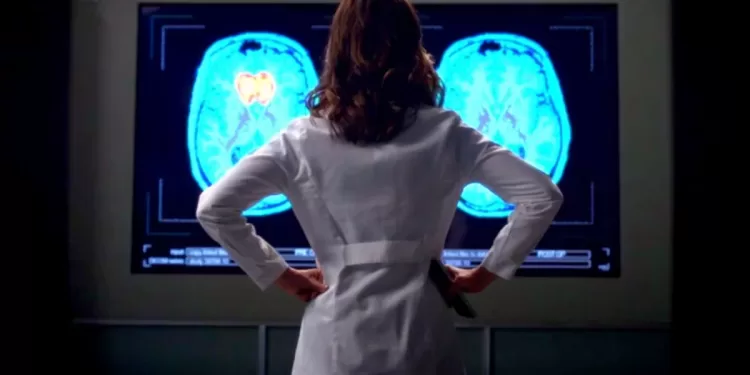Superheroes play a pivotal role in shaping our human abilities, even if they are inherently dramatic and unrealistic: they come with oversized personalities; they can fly from one skyscraper to another. Batman is, at its core, completely absurd. He’s a rich man who dresses as a giant flying rodent to beat up criminals dressed as pathologies. Why then do we carry such reverence for them? Is it because they can do the things we cannot do, or perhaps, we think we cannot do?
In the medical drama TV series, Greys Anatomy, the character Amelia Shepherd keeps her back straight and her hands akimbo for a few minutes before scrubbing in for any surgery. For her, this simple act of concentration is important for nothing more than the fact that it allows her to enter a unique mindset of success. In thinking about it, she references a study that shows that standing in a superhero pose, for five minutes before a job interview or a presentation or a really hard task will not only make one feel more confident but empower them to perform measurably better. Similarly, there is a study on how the things we consume daily can inform our performance. We are curious beings after all; constantly absorbing and defining who we are and the roles we play in the world.
At the Tony Elumelu Foundation, the impact we deliver ranges between big and small scale. There is of course the bigger agenda of transforming Africa by empowering African Entrepreneurs, yet, through our smaller, daily rituals, we are adding to that wider goal. In my role of managing communications for Africa’s leading philanthropy, I am demonstrating that super-heroism is not a costume but a mindset. Along with my colleagues, we are democratizing luck and changing the outlook for Africa.
The Tony Elumelu Foundation’s communications’ department is most active for this reason, serving as a conduit through which we can transfer knowledge and directly impact these entrepreneurs every day with content that is intentional; inspired by an insatiable desire to create impact. Every month, our monthly digest, TEF CIRCLE – that combines trends, news, and the stories of innovation and creativity from startup entrepreneurs across the continent – is sent to a list of over 1,000,000 people.
Although we are not wearing colourful capes or standing akimbo; although our eyes do not emanate an iridescent colour, we operate as superheroes in this department. We show up to work every day aware of this simple fact. We are our own version of superheroes, and our entrepreneurs are the Amelia Shephards of the world who use us as reference points in being confident in their ability to succeed. They rely on us on what steps to make; how to validate their ideas and maintain a mindset that will transform their lives. We ask ourselves questions that go beyond the ordinary: How can we create more impact? How do we expend our resources in upholding the spirit of entrepreneurship?
It is true that our first experience of superheroes happened on-screen through performances that have been manufactured. But in many ways, the idea of superheroes is incomplete without an acknowledgement that they work hard. Often, they don’t choose their tasks but are willing to rise to whatever difficulty they are faced with. Another reason that superheroes are admired is that they carry with them the air of people who do the impossible. And perhaps that is the point. That through our work we realise that tough and impossible situations exist but that we can also rise to them with equal tenacity. That resilience is an operational currency. That we are conditioned to drive for excellence and execute in a manner that often appears animated, unreal, like superheroism. Without the fundamental “can-do” psychology and philosophy of Heirs Holdings, how else would we have been able to create such impactful milestones in 11 years?
Although superheroes have been pigeonholed in mainstream and arthouse media, the history and practice of superheroism is still vibrant, appealing and impactful. Indeed, the most important superhero stories are the ones that are beautifully optimistic and celebrate the idea that superheroes are fundamentally good. Even within the darker stories or characters, it is the desire to do good and help people that is the driving force of who a superhero is, regardless of why or how they found themselves in this position.
Capes are silly. Trunks on the outside are silly. Neon tights are silly. Bright colours are silly. Yet the most critical and underlying message about their existence is how we can duplicate the very ambition that drives them; how we can tap into that possibility, reframing how we look at superheroes in order to change our worlds. We need their stories to deliver in our work lives, we need their stories of goodness and selflessness for our own personal lives, too. We need to know that there is something to be found within that pain or challenge, we need them so that people can forge their trauma into something so that people can help one another and save the world. And perhaps that is why superheroes are still reverenced, why even equally fictional characters like Amelia Shepherd find value in their orthodoxy: they are the first true believers of impact.


